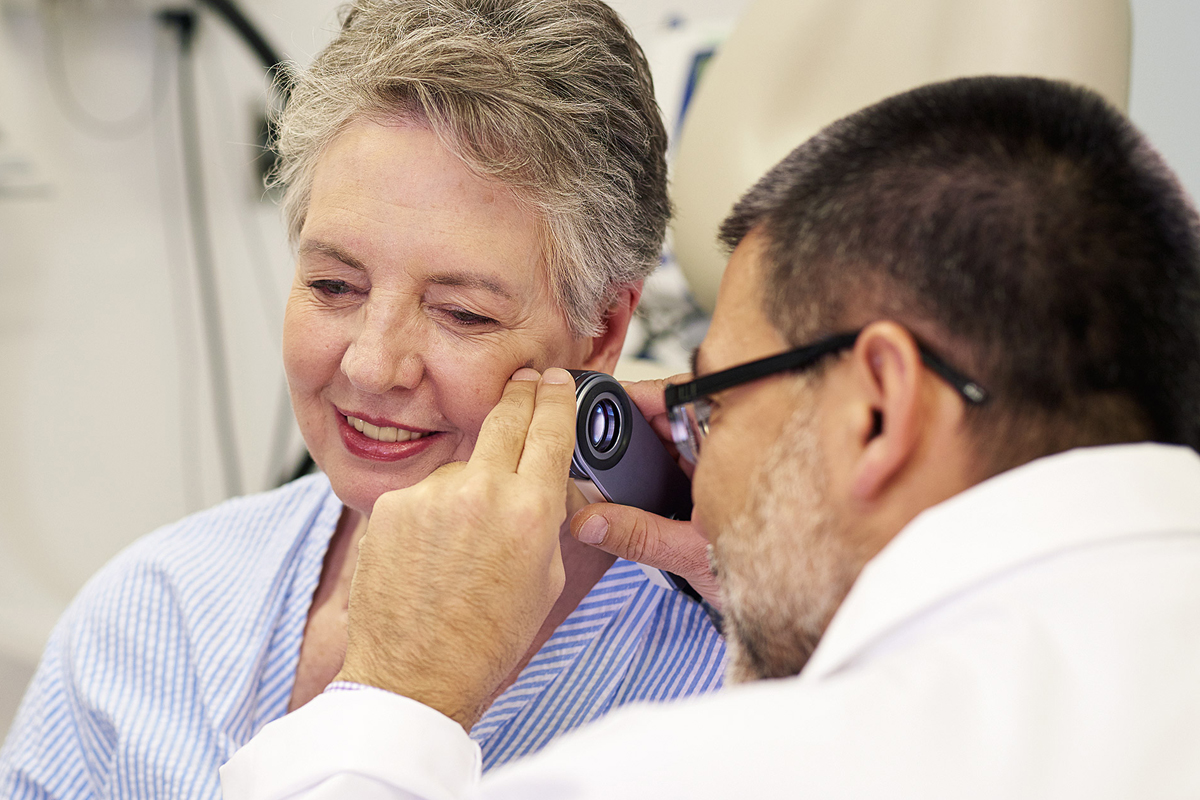
Certain factors, including family history, may increase your chance of developing cancer. Memorial Sloan Kettering recognizes the importance of assessing your cancer risk and of detecting the disease early, when there is the greatest chance of a cure.
If you have a history of cancer in your family, we can provide information about hereditary cancer and genetics. Our Clinical Genetics Service has specially trained genetic counselors and physicians who can discuss ways to minimize your cancer risk as much as possible.
Screening is also an essential part of cancer care and prevention. Our doctors have developed screening guidelines for the most common cancers — breast, lung, cervical, colorectal, head and neck, ovarian, prostate, and skin cancer — based upon our experience treating patients at Memorial Sloan Kettering. We also offer many screening services at our state-of-the-art facilities in Manhattan and at our regional sites in the tri-state area.
In addition, our researchers have pioneered the use of cancer prediction tools to help patients and physicians decide among the major treatment choices for several cancers.